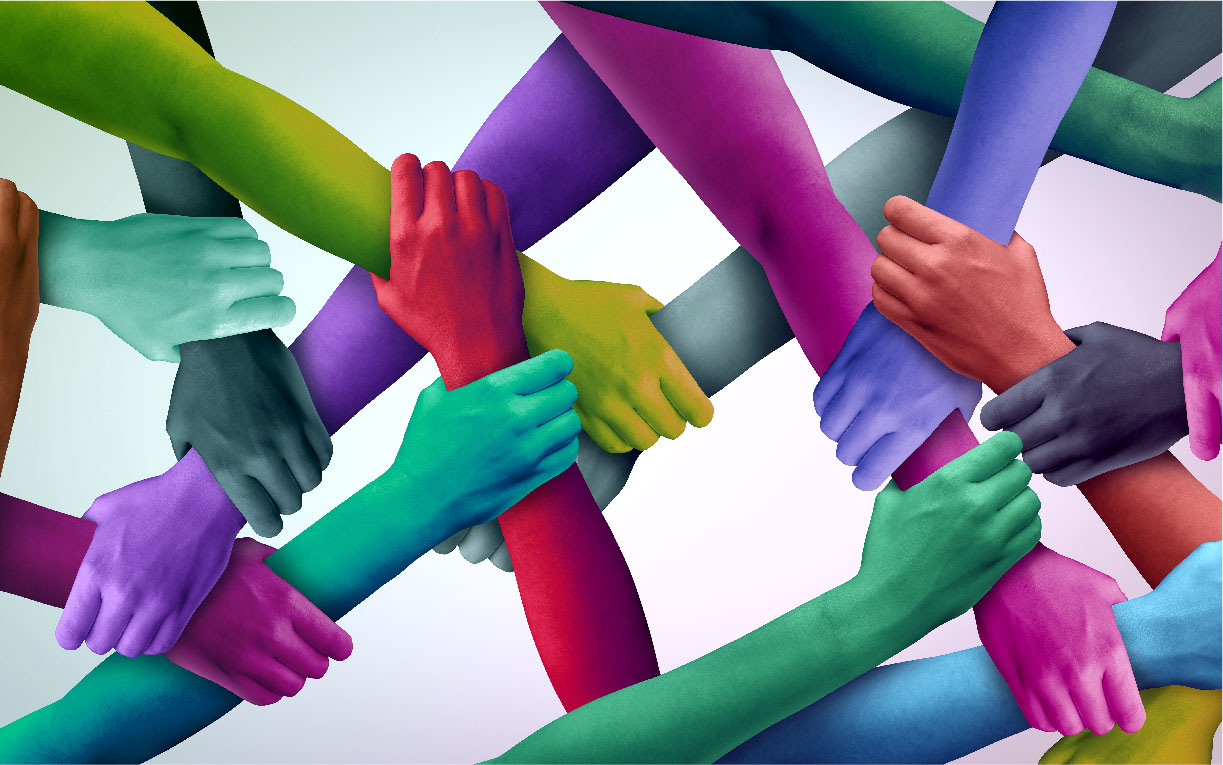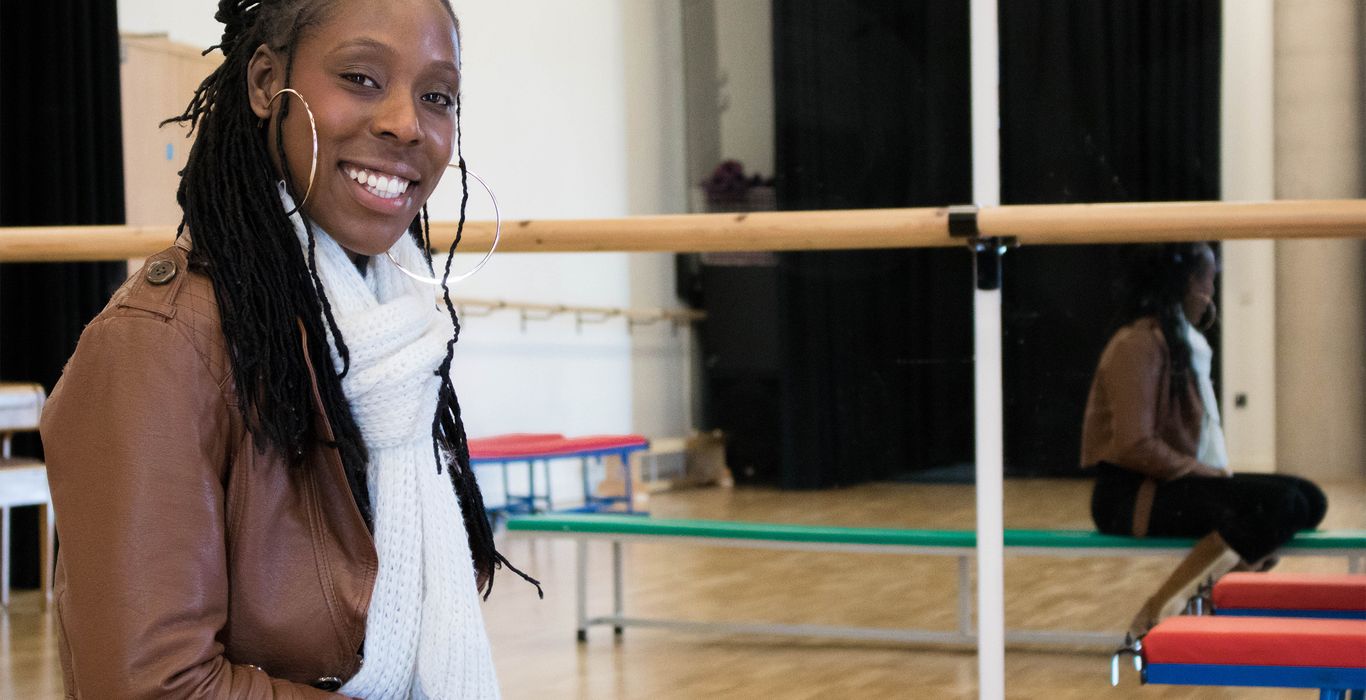Guardian’s Social Lives research finds only 29% in the profession feel their workload is manageable
By Emma Sheppard @Emmalousheppard
First published – Tue 1 Sep 2020
When Megan Evans* qualified as a children’s social worker three years ago, she was in denial about how stressful the job would be. Evans works in Wales with up to 35 children and families at any one time, a caseload she often finds overwhelming. “It’s frustrating. I can’t help the people I want to help,” she says. “I know it’s a massive cliche but that’s why I came into this role. I feel like I’m just treading water.”
It’s a sentiment echoed by many of the 2,196 social workers across the UK who took part in Guardian Jobs’ Social Lives survey, launched in January, conducted by Ipsos Mori. More than a third (37%) do not feel they have the time to fulfil their duties, and 30% do not have the resources. Overall, only 29% feel their workload is manageable.
That’s having an impact on all areas of social workers’ lives. Work/life balance is a concern for 50% of those surveyed; this is a slight improvement on the last Social Lives research, carried out in 2016, when 55% said they were struggling to balance the two, although different approaches were used in the two surveys.
Young man prepares online meeting
Four ways the Covid-19 crisis will transform UK social work
Read more
When asked what would make the difference, a reduction in workload and options for flexible working were the most common suggestions. “Social workers need to be given caseloads that are manageable,” one respondent adds. “Streamlining of paperwork and not having to complete forms for the sake of it,” another says.
While the coronavirus pandemic has brought challenges for social workers – not least because many haven’t been able to see the people they work with in person – lockdown has actually improved Evans’s work/life balance. She finds it easier to switch the computer off at 5pm while working remotely, but has realised how much she relied on the support of her team.
“After a difficult situation, you could have a cup of tea with a colleague, have a bit of a cry and then get back to work,” she adds. “I’m finding [that] much more challenging on my own at home.”
During lockdown, she’s been speaking to looked-after children over the phone, and visiting families with child protection issues on a fortnightly basis. The pandemic has added another layer of stress to the families she already works with, but she’s also concerned about the urgent cases she’s expecting once school restarts. “Midwives, health visitors, schools – the people who normally give us referrals [have not been] seeing the kids.”
Ruth Allen, chief executive of the British Association of Social Workers (BASW), says many in the profession felt invisible in the first weeks of the pandemic. “Social workers needed specific guidance and support and so did their managers and organisations,” she says. “[Without that, people] felt very exposed. One of the main concerns for social workers in statutory children’s services was how they could fulfil their legal duties and obligations, and feeling caught between their sense of what was safe for them and what they ethically wanted to do.”
In Scotland, Bridget Wilson* has been a social worker for seven years. She works with women who are at risk of offending, after moving from a community care team that assisted people with learning and physical disabilities. During the pandemic, much of Wilson’s work had to pause. Her team has just restarted their group work sessions, which have been well attended. “That rarely happens because the people we work with often have such chaotic, difficult lives,” she adds. “They were all very keen to be back. It was wonderful. I felt like I was doing my job again.”
The Social Lives survey found almost two thirds (61%) of respondents are motivated to stay in social work because they feel like they’re helping people (just 11% say it’s for job satisfaction). Overall, 82% of those asked say they are proud to be a social worker and more than three quarters (76%) enjoy the job. Wilson has found her new role suits her much better than her last. “I get to work in a purely therapeutic manner,” she says. “[It’s] the ability to actually feel like you’re affecting some change in people’s lives … rather than managing paperwork and pleading for tiny amounts of money.”
Management support was another factor highlighted by the survey. The majority feel supported when it comes to professional supervision (62%) and continuous professional development (56%). Fewer say the same about their day to day work – 39% do not feel supported with their caseloads. One respondent highlighted the need for “individual therapeutic support to address the level of stress and trauma that we carry … [and] caseloads that enable me to feel I have the time and space to practise to the best of my abilities”.
Having a supportive manager has made a big difference to Chris Rawlins*. He now works as a senior social worker in the south-west of England, supporting adults with mental health problems, after spending 15 years in big cities. “Having a good manager who listens and just allows you to be yourself, not micromanaging you [is so important],” he adds. “Because of that, I’m able to switch off at 5pm and on weekends. I don’t have that sort of stress.”
Allen says that chimes with BASW’s research. “We certainly think that supporting managers is really crucial,” she adds. “Enabling social workers to act with autonomy and being able to make decisions as professionals – managers can either facilitate that or they can get in the way of it.”
Rawlins is looking forward to getting back to some sense of normality after working remotely. “Our job is about meeting clients face to face,” he says. “If you go to the home, you look at the environment, you can tell how well [someone is] functioning. It’s not quite the same over Skype.”
Evans is unsure about whether she’ll stay in frontline social work – it’s not something she thinks she’ll have the energy for in five years. But she’s proud of the impact she’s able to have. “The best days are still really sad and really difficult. But I hope I’m making a difference to at least some children’s lives.”










